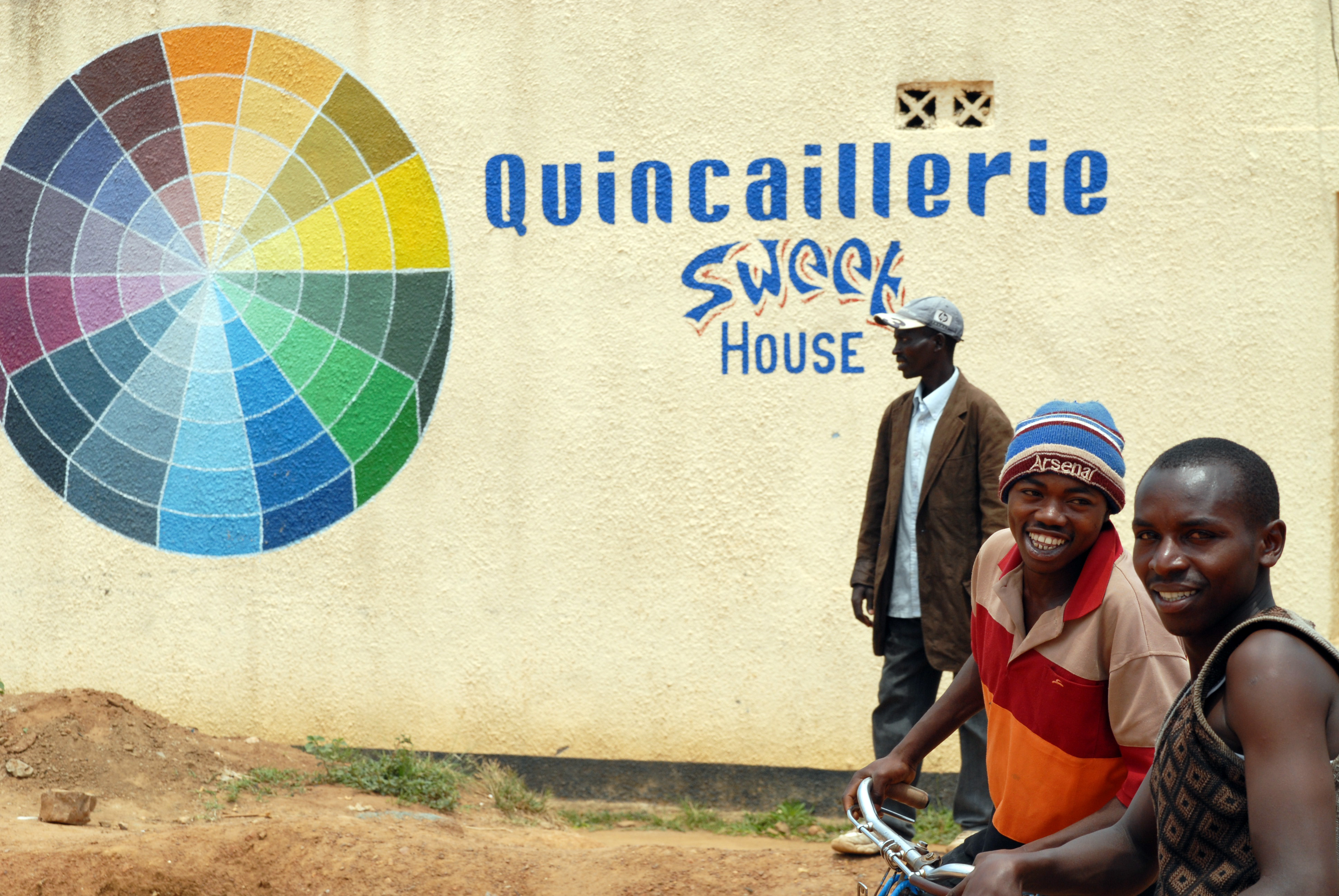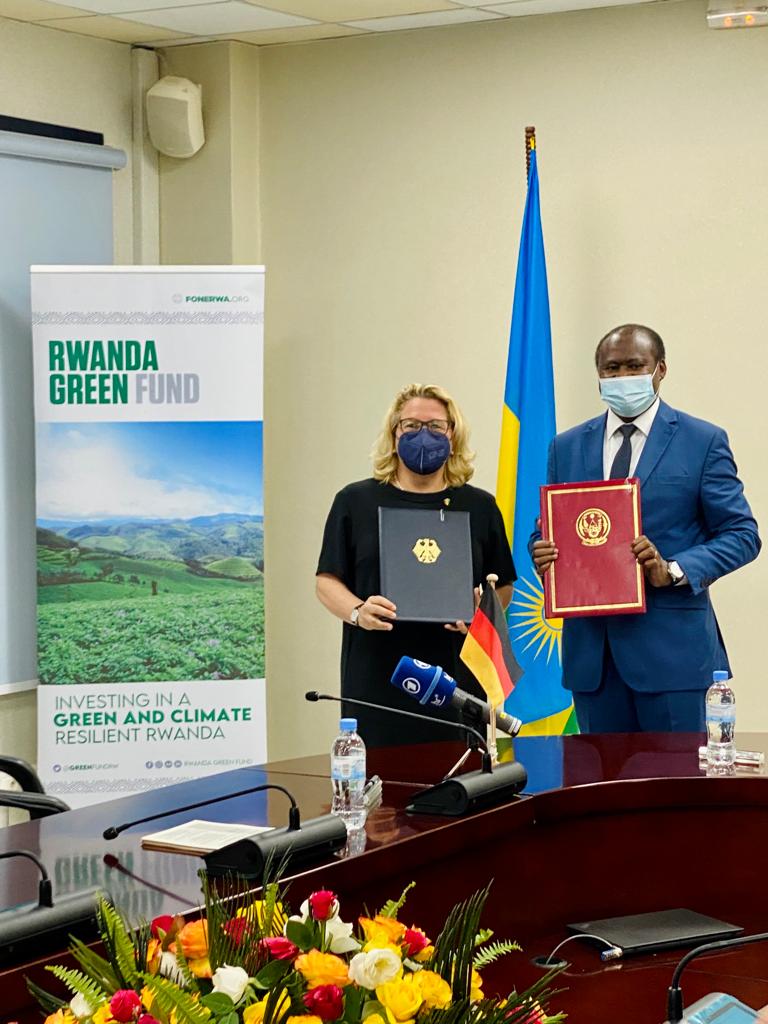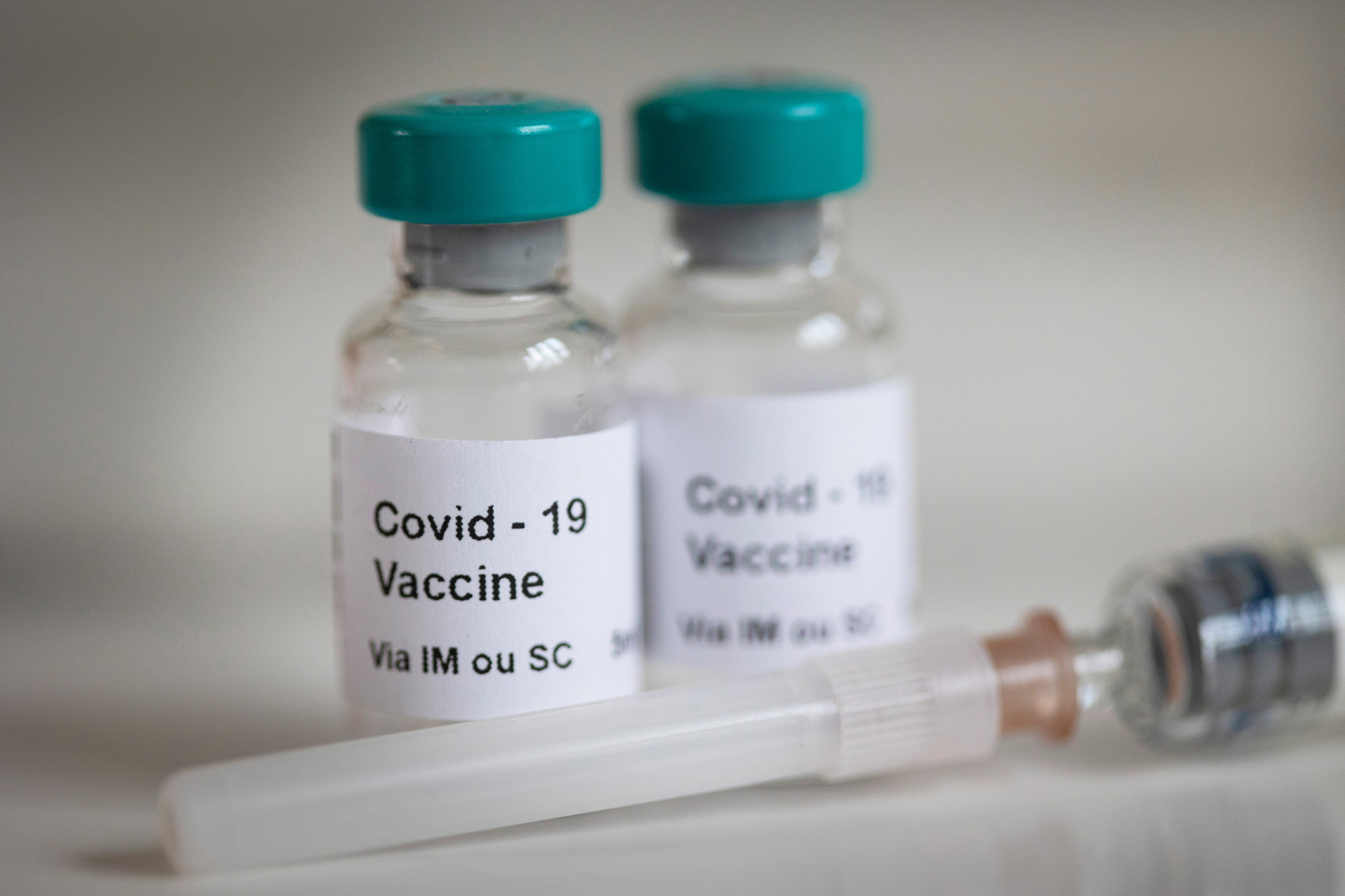Government negotiations Rwandan-German Climate and Development Partnership is gathering steam – Germany is lending a hand to help make it socially fair
At the same time, the country is a leader when it comes to implementing the Paris Agreement. The Climate and Development Partnership is focused on insurance coverage against the impact of climate change and financing local climate action. The partnership is part of a financial package amounting to 98.1 million euros which Germany is making available for development cooperation with Rwanda for the next few years.
Development Minister Svenja Schulze said: “With our Climate and Development Partnership we are supporting Rwanda in its efforts to meet its ambitious climate goals and we are lending a hand to protect the poorest population groups against the impact of climate change. The climate crisis is mostly hitting people especially hard who have contributed the least to climate change and at the same time have the least resources. For the socio-ecological transformation to succeed worldwide, climate action and poverty reduction need to go hand in hand.”
Support for key climate change mitigation and adaptation projects by the Rwanda Green Fund is a priority area of Rwandan-German cooperation under the Climate and Development Partnership. Climate change is causing more and more extreme weather events at Lake Kivu in western Rwanda like heavy rainfall that leads to flooding and mudslides. This is endangering people in nearby cities. Dams and terracing steep slopes of arable land along the lakeside are to mitigate the impact of such extreme weather events for local communities. A reliable and also resource-conserving energy supply is to be developed by expanding the use of hydropower. In addition, it was agreed to set up a joint project on sustainable waste management so that it will be easier to reuse waste in future and feed it back into a cycle. The Rwandan-German agreement is complemented by science and research cooperation on climate change issues.
The dialogue on the partnership will be continued at high level. At COP27 in Egypt in November 2022, Environment Minister Jeanne d’Arc Mujawamariya and Development Minister Schulze will take the expansion of German-Rwandan climate cooperation to the next level. They will kick off a beacon project of the German-Rwandan climate partnership at this occasion: a German funded project (NDC facility) that is to help finance Rwanda’s Nationally Determined Contributions (NDCs) to achieve the objectives of the Paris Agreement.
Despite economic gains in previous years, Rwanda is still one of the world’s least developed countries (LDCs). In addition to being massively affected by the climate crisis, the country is also currently experiencing the fallout from Russia’s war of aggression against Ukraine. The prices for energy and food have skyrocketed since Russia’s invasion of Ukraine. More and more people in Rwanda are slipping into poverty. In order to mitigate these effects, Germany and Rwanda have also agreed to expand social protection systems, strengthen the provision of vocational education and training for young people and women, and promote small and medium-sized enterprises so as to give more people a stable income.
Assistance for Rwanda’s efforts to set up local vaccine production is another priority area of German development cooperation. Currently, 99 per cent of Africa’s vaccines are imported. Marking the kick-off for the project to develop vaccine production in the country, Rwanda’s President Paul Kagame and BioNTech’s CEO Uğur Şahin were joined (virtually) by Federal Chancellor Olaf Scholz on 23 June 2022 for the groundbreaking ceremony for a production facility in Kigali, the first in Africa. Germany is helping to train the necessary skilled staff in Rwanda and is supporting Rwanda’s vaccine regulating authority (in cooperation with the Paul Ehrlich Institute and others). This is to provide access to high-quality and affordable health care and improve the capacities of the health system to respond to future pandemics. In addition, the project helps to improve regional availability of vaccines produced in Rwanda.
Background
Germany has had development cooperation with Rwanda for 60 years now. Rwanda has achieved considerable development gains since the 1994 genocide. Like many other African countries, however, Rwanda has been facing impediments to its development due to the pandemic and the impact of Russia’s war of aggression.
Coinciding with the government negotiations, the Rwandan government and a delegation from Rhineland-Palatinate, headed by the federal state’s Minister-President Malu Dreyer, celebrated the 40th anniversary of the partnership between Rwanda and the German Land.


